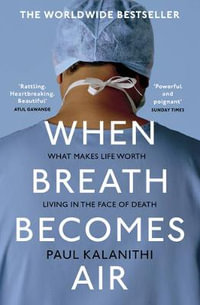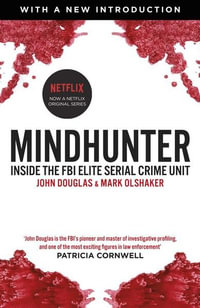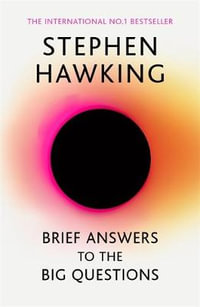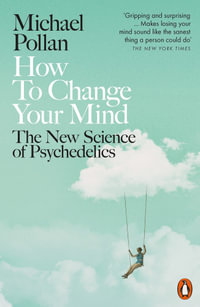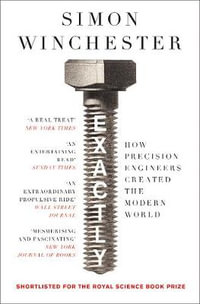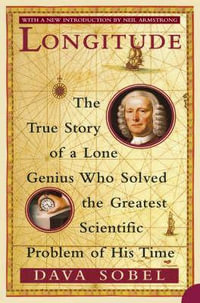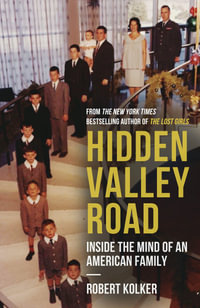Isaac Newton (1643-1727) is still regarded by the world as the greatest scientist who ever lived. He invented calculus, discovered the binomial theorem, explained the rainbow, built the first reflecting telescope, and explained the force of gravity. In his famous masterpiece, Principia Mathematica, he described the mechanics of the physical universe with unimagined precision, proving the cosmos was put together according to laws. The perfection of these laws implied a perfect legislator. To Newton, they were proof that God existed. At the same time Newton was writing Principia Mathematica, he was writing a twin volume that he might have called, had it been completed, Principia Theologia--Principles of Theology.
This other masterpiece of Newton, kept secret because of the heresies it contained, consists of thousands of essays providing equation-incisive answers to the spiritual questions that have plagued mankind through the ages. Examining Newton’s secret writings, John Chambers shows how his brilliance extended into alchemy, spirituality, the search for lost continents such as Atlantis, and a quest to uncover the “corrupted texts” that were rife in the Bibles of his time. Although he was a devout Christian, Newton’s work on the Bible was focused not on restoring the original Jewish and Christian texts but on rediscovering the one true religion that existed prior to the Flood of Noah, when science and spirituality were one.
The author shows that a single thread runs through Newton’s metaphysical explorations: He is attempting to chart the descent of man’s soul from perfection to the present day. The author also examines Newton’s alternate timeline of ancient history and his study of prophecy through the Book of Revelations, including his prediction of an Apocalypse in the year 2060 followed by a radically transformed world. He shows that Newton’s great hope was that these writings would provide a moral compass for humanity as it embarked upon the great enterprise that became our technological world.
About the Author
John Chambers (1939-2017) had a Master of Arts in English degree from the University of Toronto and spent three years at the University of Paris. He was the author of Victor Hugo’s Conversations with the Spirit World, The Secret Life of Genius, and The Metaphysical World of Isaac Newton. He wrote for Atlantis Rising magazine and contributed essays to Forbidden Religion: Suppressed Heresies of the West.
Industry Reviews
John Chambers has undertaken the valuable task of reemphasizing that a father of modern science had an open mind where alchemy was concerned and that Isaac Newton’s efforts to show a scientific rationale in the structure of the cosmos was driven by a desire to demonstrate as well as reveal it as the expression of divine intelligence, mystical but rationally intelligible, and not an accident of random numbers subject to chance. Newton was looking seriously for meaning, something modern scientists often consider beyond their remit.”



